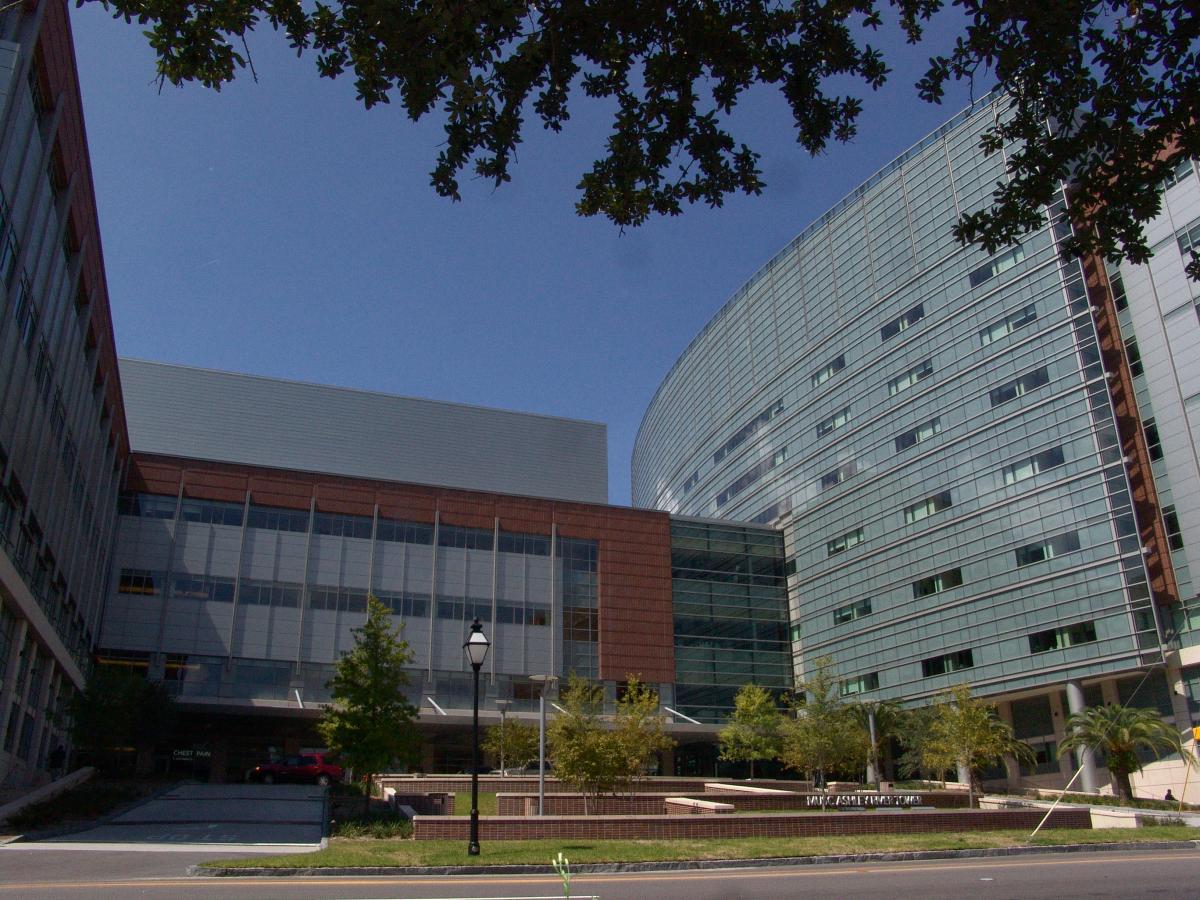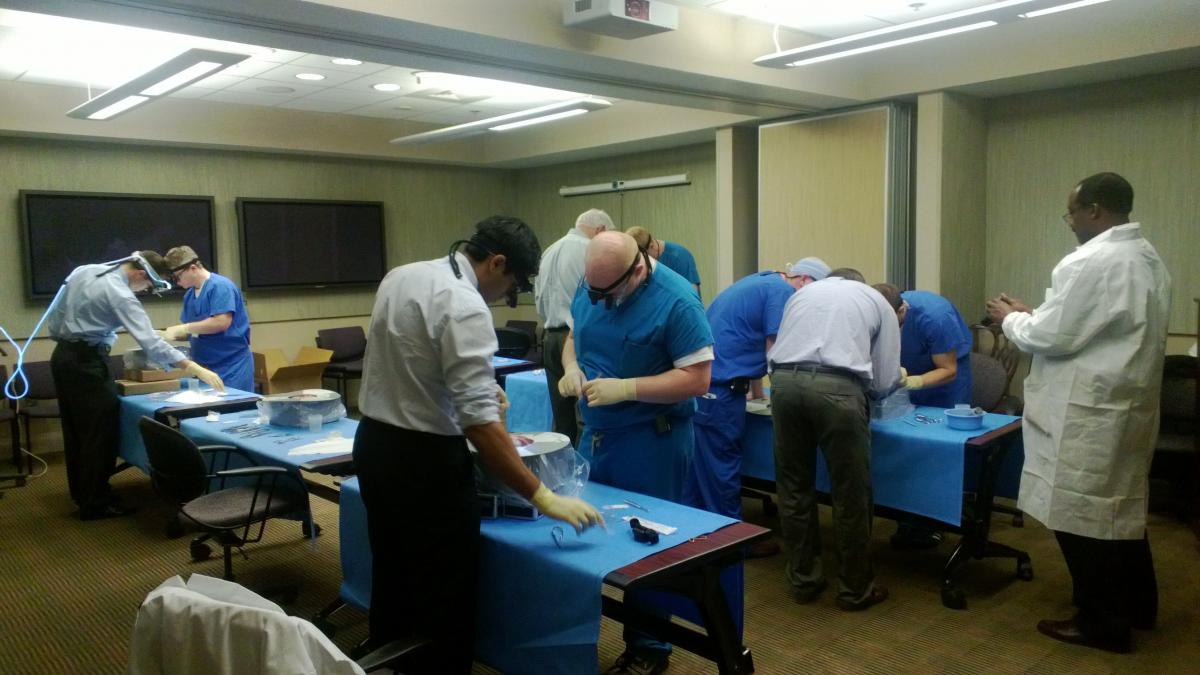ALERT!
This site is not optimized for Internet Explorer 8 (or older).
Please upgrade to a newer version of Internet Explorer or use an alternate browser such as Chrome or Firefox.
Medical University of South Carolina

Medical University of South Carolina
114 Doughty Street, MSC 295
Charleston, South Carolina 29425
Rose Haselden, Program Coordinator
John S. Ikonomidis, MD, PhD
Program Director
Chief of Division of Cardiothoracic Surgery
Chief of Adult Cardiac Section
Chadrick E. Denlinger, MD
Chief of Thoracic Section
Scott M. Bradley, MD
Chief of Congenital Section
Program Information
- Traditional and integrated training options available
- One resident accepted to the integrated program per year (six position, total)
- One resident accepted to the traditional program every three years (one position, total)
Additional Curriculum Information
The educational goal of the cardiothoracic surgery training program at MUSC is to prepare surgeons-in-training for the independent practice of thoracic surgery. Independent practice implies the capability to take responsibility for all aspects of the care of the patient before and after operation, in the hospital and in ambulatory care settings. Thoracic surgeons tend to focus their practices on one or more of the subdivisions of the specialty. A corollary goal, therefore, is to prepare our residents broadly in all areas of the specialty, so that by the end of their training they will be prepared to practice in any of those areas; that is, they will be totipotential in cardiothoracic surgery.
The rotation schedule for the first three years of the six-year integrated program includes some traditional general surgery rotations with a five-month away rotation in the first half of the third year. Rotations in related specialties (heart failure, imaging, echo, interventional radiology, etc.) throughout the first two years provide in depth exposure to these disciplines which relate closely to cardiothoracic surgery. Increasing exposure to cardiothoracic surgery itself will occur in each of the first three years. Rotations in the final three years are similar to the traditional independent program experience.
 |
 |



